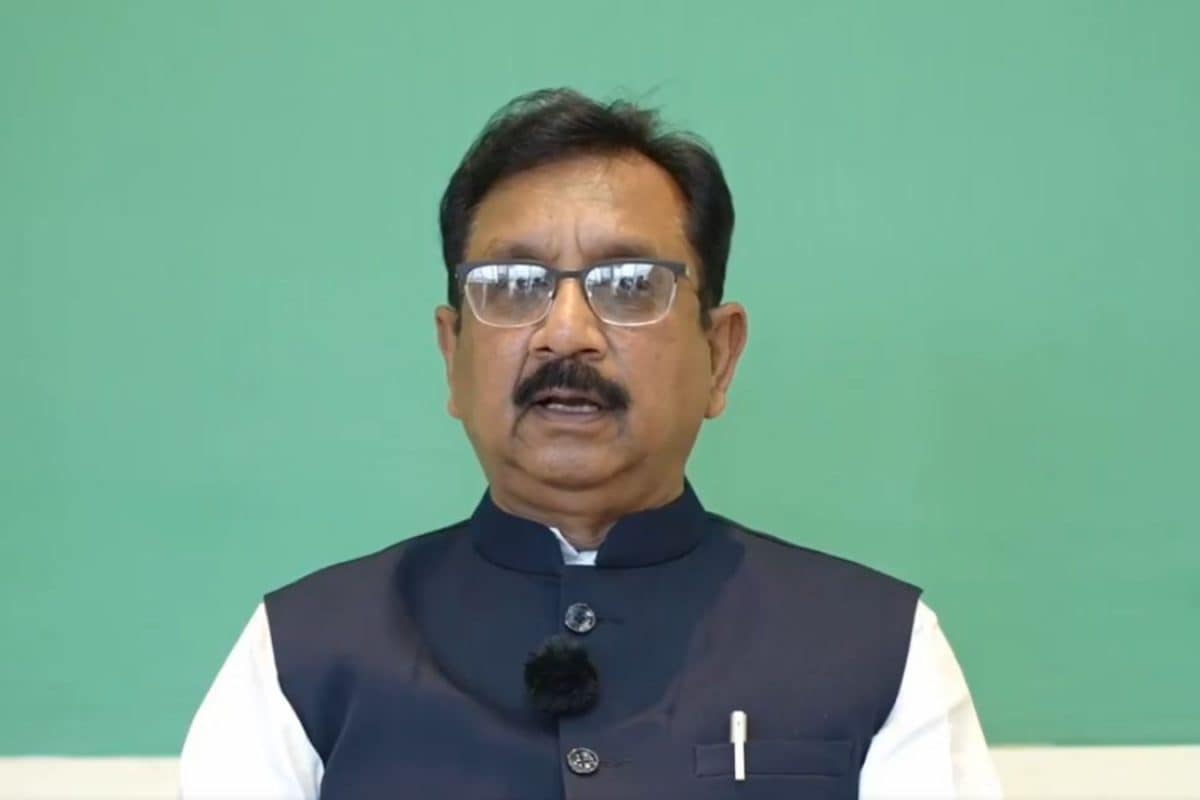

Madhya Pradesh Minister Vijay Shah has once again apologized for his controversial remarks regarding Colonel Sofiya Qureshi, characterizing his initial statement as a "linguistic mistake." This latest apology comes in the wake of mounting pressure, including the Supreme Court's rejection of a previous apology and the formation of a Special Investigation Team (SIT) to probe the matter.
The controversy stems from comments made by Shah on May 12, 2025, during a public rally in Mhow, near Indore. In his remarks, Shah appeared to connect Colonel Qureshi to terrorists, stating, "Those who widowed our daughters, we sent a sister of their own to teach them a lesson." These remarks triggered widespread condemnation, with many viewing them as disrespectful to both Colonel Qureshi and the Indian Army. Colonel Qureshi, along with Wing Commander Vyomika Singh, had gained prominence for their role in briefing the media on Operation Sindoor, India's response to the Pahalgam terror attack.
The Madhya Pradesh High Court took suo motu cognizance of the matter, directing the registration of a First Information Report (FIR) against Shah, citing concerns that his remarks could incite enmity and hatred. The court emphasized that such statements could create a perception that individuals might face derogatory treatment based solely on their faith, regardless of their service to the nation.
Following the public outcry and the High Court's directive, Shah initially expressed regret for his remarks. However, the Supreme Court, upon hearing the case, deemed his apology insincere and a mere attempt to evade legal consequences. The apex court went so far as to describe Shah's comments as a "national embarrassment" and ordered the Madhya Pradesh police to constitute an SIT to investigate the matter thoroughly. The SIT is composed of three senior IPS officers from outside the state, including a woman officer, and is tasked with submitting a report by May 28.
In his most recent apology, issued on May 23, 2025, Shah reiterated his respect for the Indian Army and expressed deep sorrow for the offense caused by his words. In a video statement shared on social media, he stated, "I was deeply saddened and disturbed by the gruesome massacre that took place in Pahalgam earlier. I have always had immense love for my nation and respect for the Indian Army. The words spoken by me have hurt the community, religion, and countrymen; it was my linguistic mistake." He further added, "My intention was not to hurt or offend any religion, caste, or community. I sincerely apologize to the entire Indian Army, Sister Colonel Sophia, and all the countrymen for the words I said inadvertently, and once again, with folded hands, I apologize."
Despite this repeated expression of remorse, questions remain about the sincerity and impact of Shah's apologies. The Supreme Court has already expressed skepticism, and the ongoing SIT investigation suggests that the matter is far from resolved. The opposition in Madhya Pradesh has called for Shah's removal as a minister, and sources within the ruling BJP indicate that any decision on his political future will be made after the SIT submits its report.
The case highlights the importance of responsible speech by public officials, particularly concerning sensitive matters related to the armed forces and national security. It also underscores the judiciary's role in holding individuals accountable for their words and actions, regardless of their position or power. The Supreme Court's intervention and the formation of the SIT demonstrate a commitment to upholding the dignity of the armed forces and ensuring that those who serve the nation are treated with respect and honor. The coming weeks will be critical as the SIT conducts its investigation and the Supreme Court reviews its findings, potentially shaping the future of Minister Vijay Shah's political career and setting a precedent for accountability in public discourse.